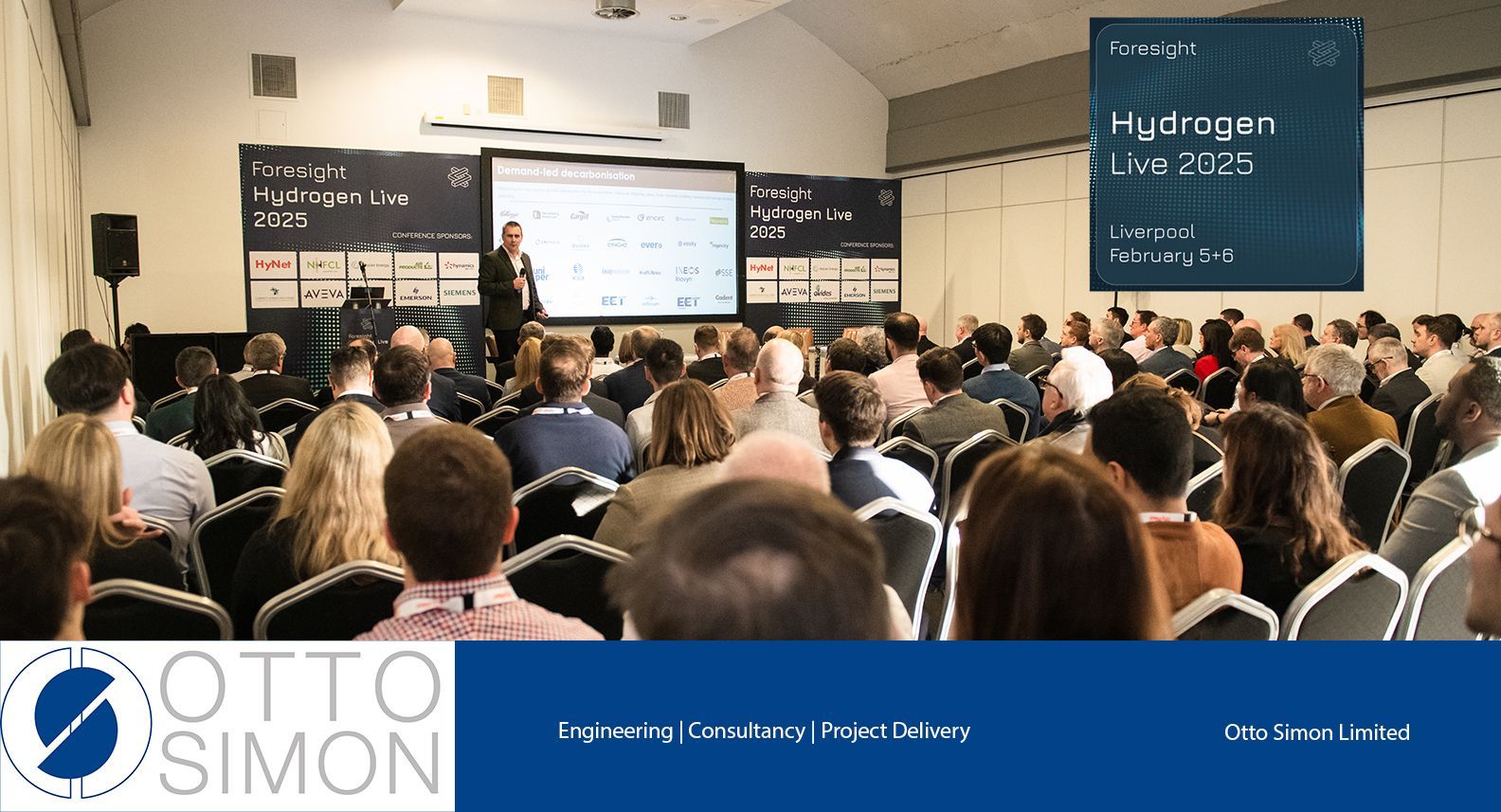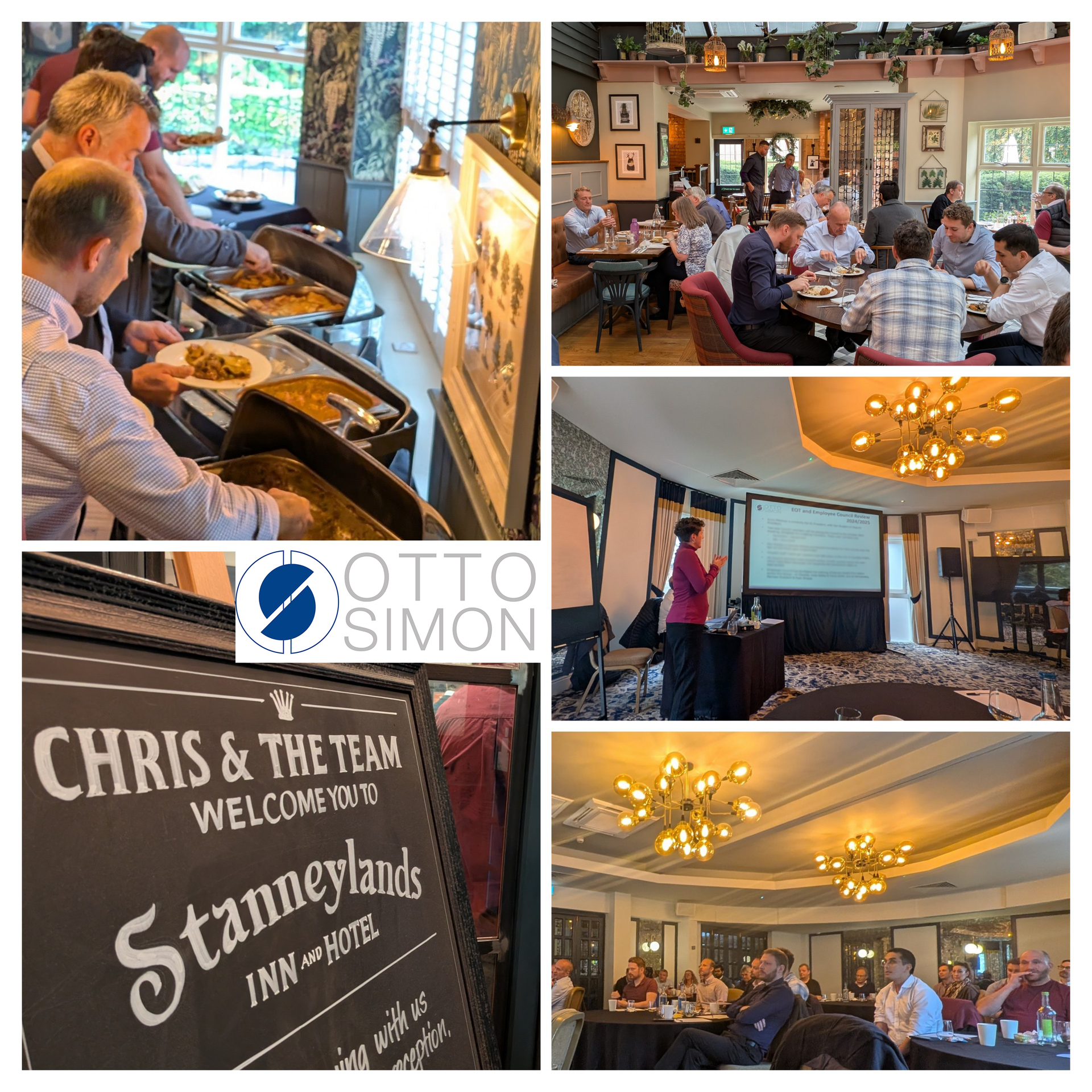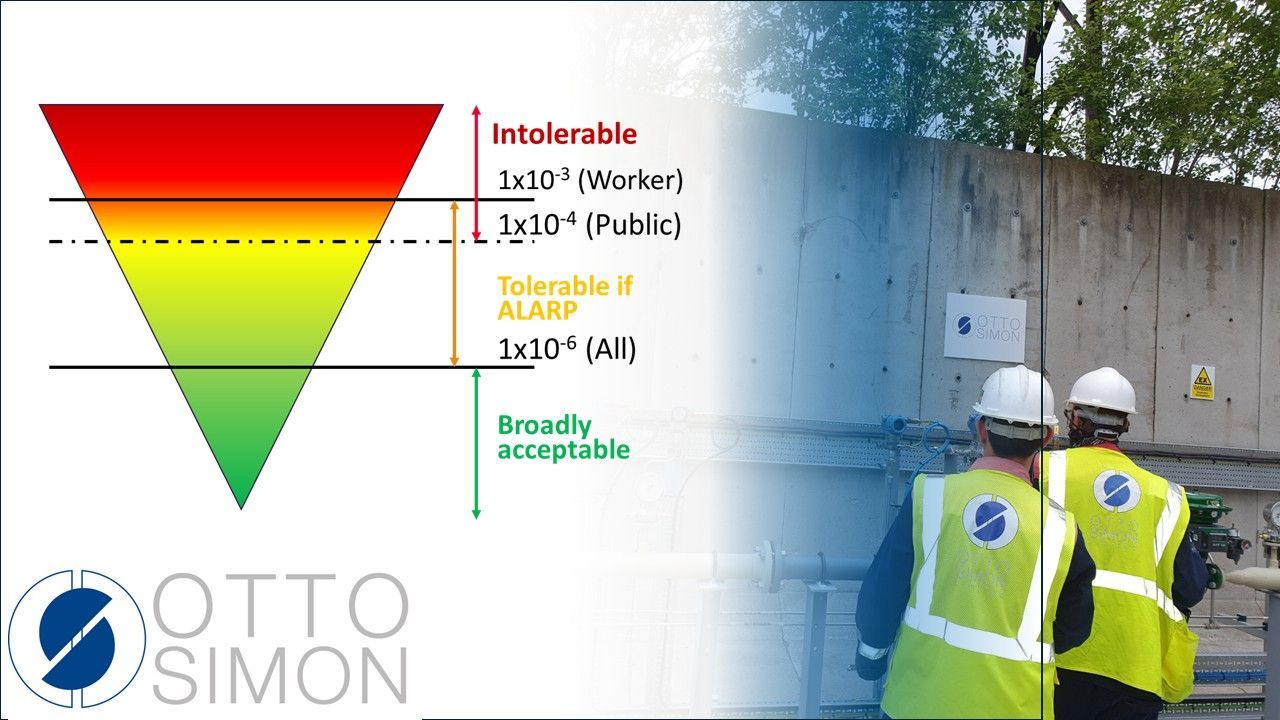Foresight Hydrogen Live 2025

Otto Simon attended the two-day H2 Conference in Liverpool on the 5th and 6th of February at the Titanic Hotel.
There was cautious optimism on the part of the attendees in respect of the UK H2 developments as the economy currently has sluggish growth forecasts and the HAR 1 Contracts between the H2 producers and the Government are slowly reaching conclusion. HyNet is moving forward but at a pedestrian pace. Interest in hydrogen is high and there are more potential off-takers of H2 than there is projected supply over the next five years, but this imbalance is being addressed. Questions were raised about the current funding model, which if maintained, could add up to £200- £300 per year to the average domestic consumer’s household bill. It was suggested that just burning H2 as a natural gas replacement was a futile exercise, whereas using it to create energy from powering turbines and developing H2 storage would be a more economically effective use of H2. Apparently, Air Products is the world’s biggest global H2 producer with some 9,000 tonnes per day and they intend to grow this business. The EU has a plan to produce 1,000 tonnes per day and is on track to achieve this. The UK has some catching up to do.
There were altruistic comments calling for greater collaboration in the sharing of innovative ideas and how to tackle emergent issues together which have arisen from the numerous H2 projects involving the H2 community. However, whilst this notion was tepidly received, the companies concerned, often in competition with each other to get awarded H2 projects, will remain naturally protective of their technologies, their IP and their commercial aspirations therefore co-operation will be somewhat limited and transactional. Cadent and others highlighted the planning issues associated with developing the intended H2 cross- county pipelines and urged the local authorities to work together.
Modular Nuclear Generation was discussed. At the present there are only five sites in the UK where these can be legally located. The manufacturers stressed the safety case for considering locating reactors in areas where there are greater densities of population to supply energy closer to intended H2 facilities. A promising idea in principle?
Recent Blog Posts


